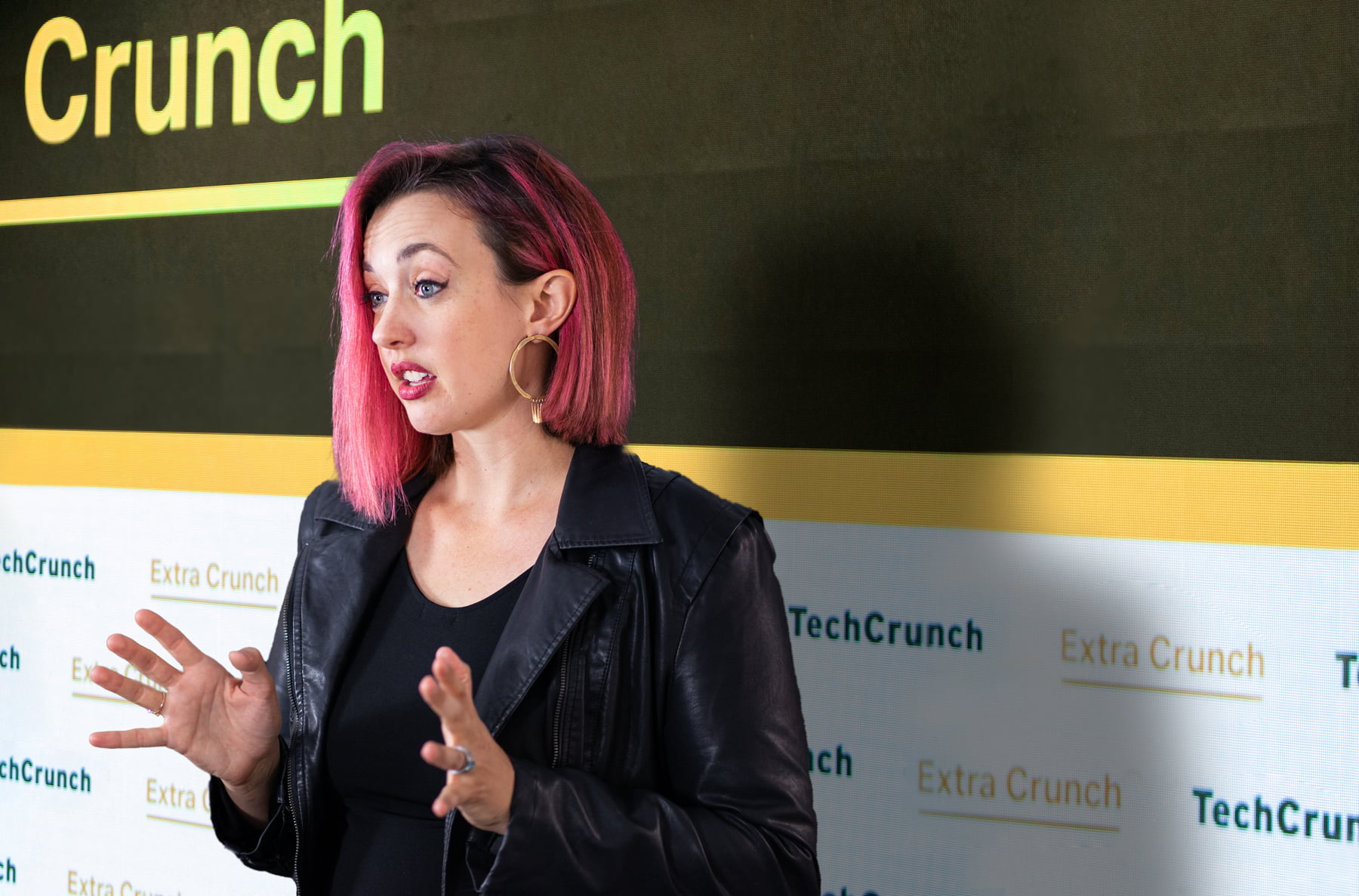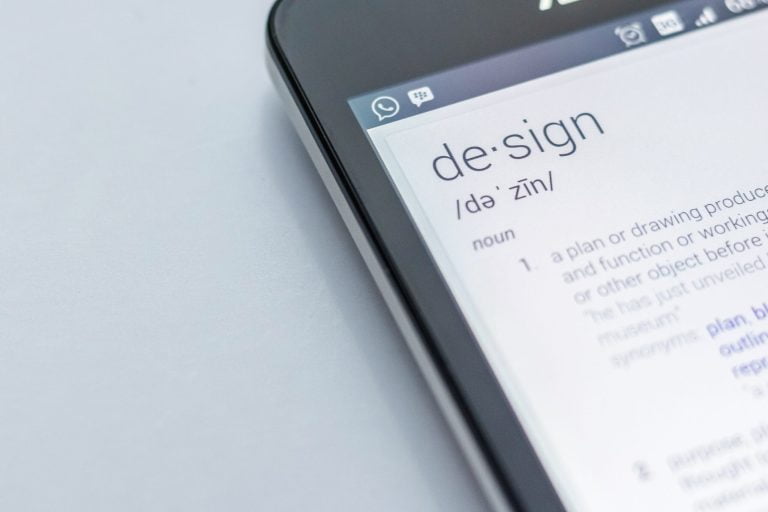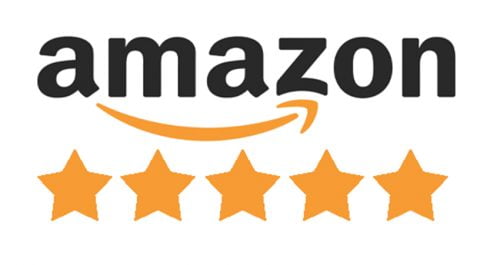Here’s another edition of “Dear Sophie,” the advice column that answers immigration-related questions about working at technology companies.
“Your questions are vital to the spread of knowledge that allows people all over the world to rise above borders and pursue their dreams,” says Sophie Alcorn, a Silicon Valley immigration attorney. “Whether you’re in people ops, a founder or seeking a job in Silicon Valley, I would love to answer your questions in my next column.”
Extra Crunch members receive access to weekly “Dear Sophie” columns; use promo code ALCORN to purchase a one- or two-year subscription for 50% off.
Dear Sophie,
I’m the founder of an early-stage, two-year-old fintech startup. We really want to move to San Francisco to be near our lead investor.
I heard International Entrepreneur Parole is back. What is it, and how can I apply?
— Joyous in Johannesburg
Dear Joyous,
Today for the first time, international startup founders can sigh a breath of relief because there is new hope for immigration! This hope comes in the form of a little-known pathway to live and work legally in the United States. This pathway is now possible because, effective today, the U.S. Department of Homeland Security (DHS) withdrew the proposed rule to remove the International Entrepreneur Parole Program. This development is FANTASTIC for startup founders everywhere!
DHS believes that “qualified entrepreneurs who would substantially benefit the United States by growing new businesses and creating jobs for U.S. workers” should be able to benefit from “all viable” immigration options. The National Venture Capital Association is “thrilled” at the news, and so am I!

Image Credits: Joanna Buniak / Sophie Alcorn (opens in a new window)
International Entrepreneur Parole (IEP) allows founders to request a 30-month immigration status, with the possibility of a 30-month extension as well. Spouses of those with IEP can qualify for work permits. There’s no limit to the variety of fields in which startups can qualify — we’ve had interest from founders in everything from autonomous drone delivery to AI for law enforcement; anticancer drug discovery to satellites.
To qualify, you need to show that:
- Your startup is less than five years old.






